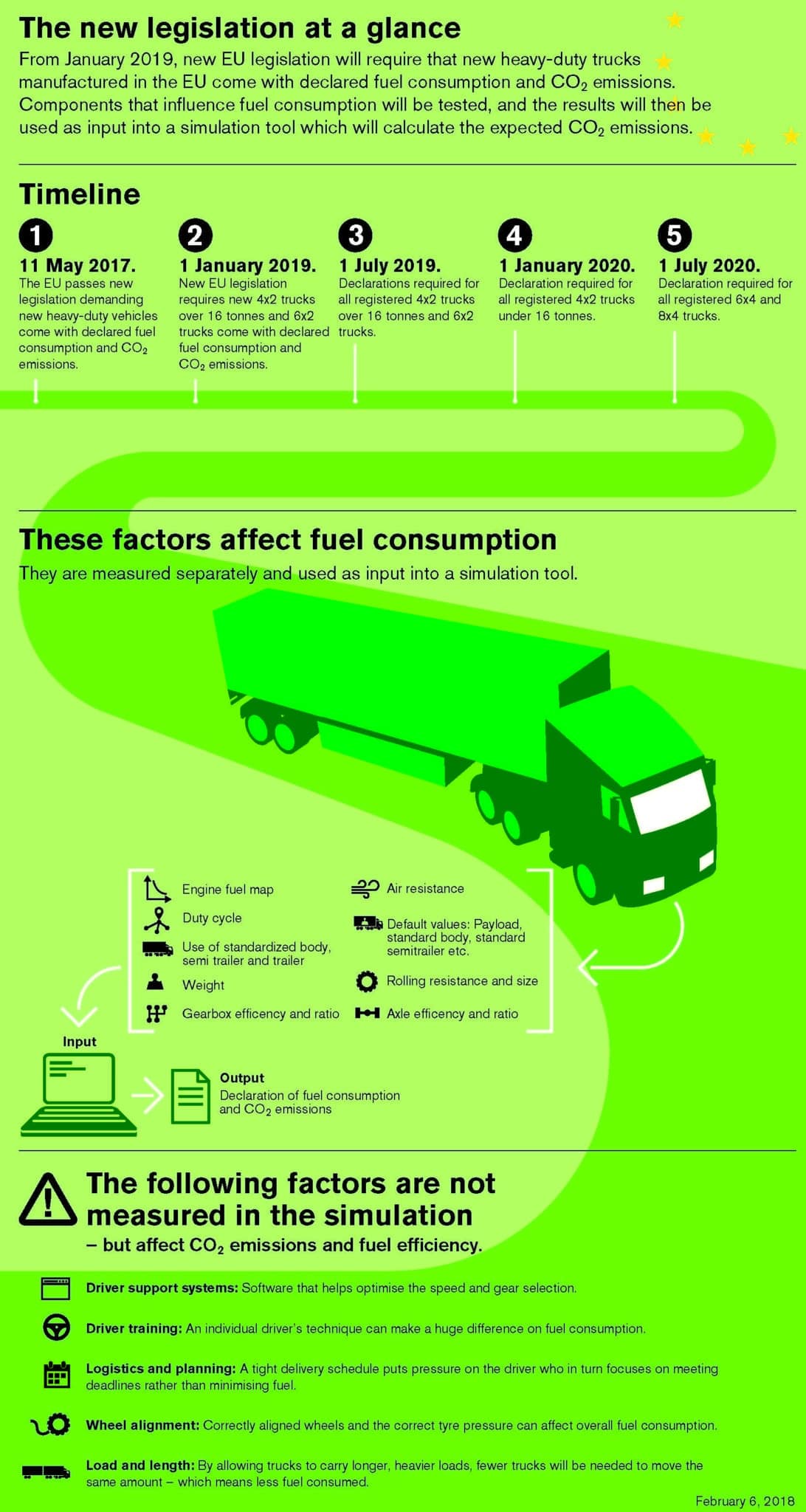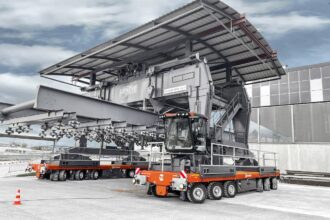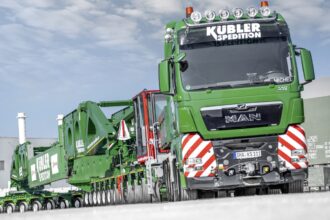From January 1st 2019, all new heavy-duty trucks manufactured within the EU must come with a declaration showing fuel consumption and CO2 emissions. The purpose is to make it easier for truck buyers to choose energy-efficient vehicles with lower climate impact, thereby reducing emissions from truck traffic. Volvo Trucks sees the new requirements as a welcome addition to the tools that the industry is already working with.
“The declarations will provide our customers with easy-to-understand and comparable information on fuel consumption and CO2 emissions that will provide guidance on the choice of truck,” says Lars Mårtensson, Director Environment and Innovation at Volvo Trucks.
“However, the most important thing is that there is now an even greater focus on energy efficiency and climate impact. This is a key issue for the automotive industry, the transport segment, and society as a whole,” he continues.
According to the UN’s Intergovernmental Panel on Climate Change (IPCC), heavy road traffic accounts for about six per cent of global greenhouse gas emissions, and the sector is heavily dependent on fossil fuels.
“Therefore, we hope that the new declaration requirements will also be complemented by economic incentives that make it profitable for transport companies to replace older vehicles with new, more energy efficient trucks with lower CO2 emissions,” adds Lars Mårtensson.
Currently there are no decisions on taxes or incentives associated with the new declaration requirements. However, in the EU’s ‘A European Strategy for Low Emission Mobility’ scenario, it is assumed that CO2 emissions from truck traffic will decrease by an average of 1.5 per cent per year until 2030.
Fuel consumption has decreased
Of course, energy efficiency is by no means a new issue, either for truck manufacturers or transport companies. For an average European haulage company, fuel accounts for about one third of its variable costs. Therefore, all measures that can reduce fuel consumption are interesting from an economic perspective. Energy efficiency is an important competitive edge.
“Energy efficiency has always been a key issue for Volvo Trucks,” continues Lars Mårtensson. “Since the beginning of the 1990s, we have managed to reduce fuel consumption for newly manufactured trucks by one fifth* and we continue to reduce fuel consumption every year. Improving energy efficiency is the best thing we can do to minimise the vehicle’s climate impact.”
Declarations are a starting point
Volvo Trucks’ customers also devote significant resources to improving energy efficiency. Many transport companies have come a long way in their fuel-saving efforts, while others have not always been able to give it the same priority. It is especially for this latter group that the new declared values can be a useful tool when choosing a truck, according to Lars Mårtensson.
“The declaration is a good starting point that shows in which direction you should go, yet it does not show the whole picture. In order to achieve as low fuel consumption and climate impact as possible in relation to the work the vehicle performs, each rig must be optimised for its task with the right equipment and services. Focusing on fuel-efficient driver training and utilising sophisticated transport planning tools are examples of actions that can have hugely positive effects. Our goal is always to create a comprehensive solution that provides the best possible transport efficiency for our customers. This also benefits the environment,” concludes Lars Mårtensson.





